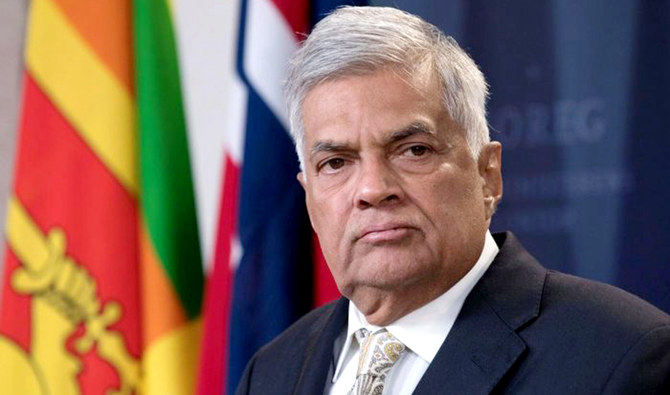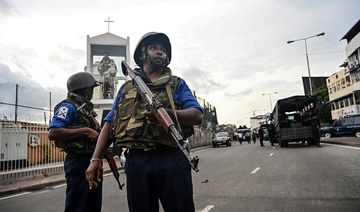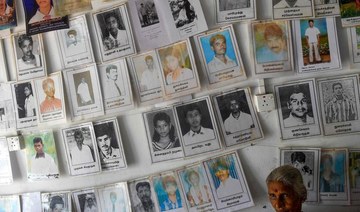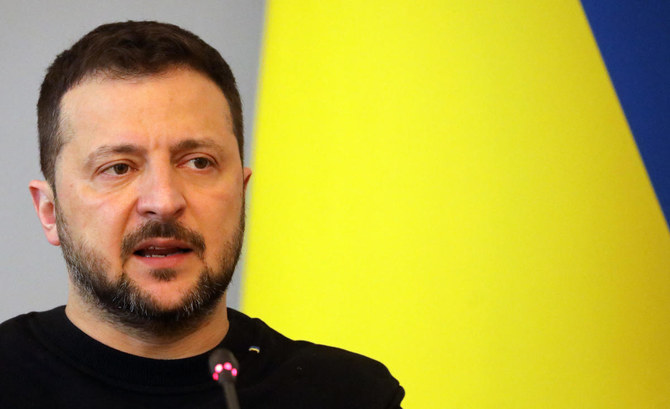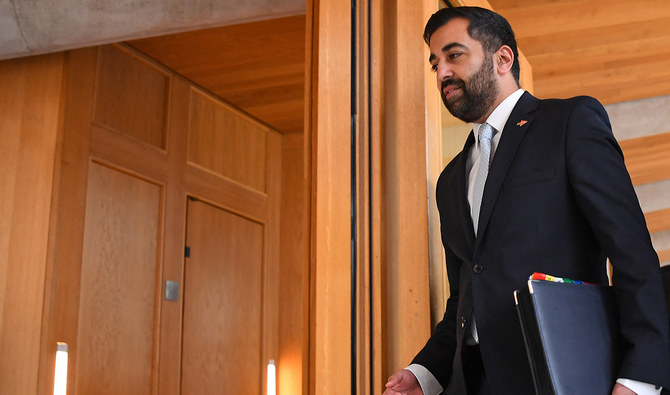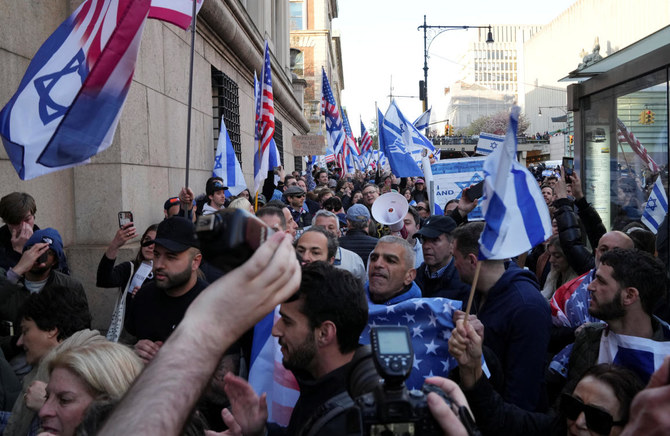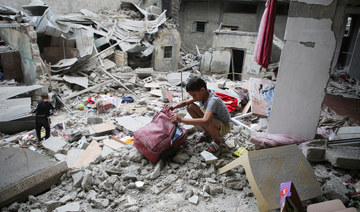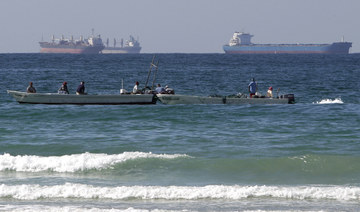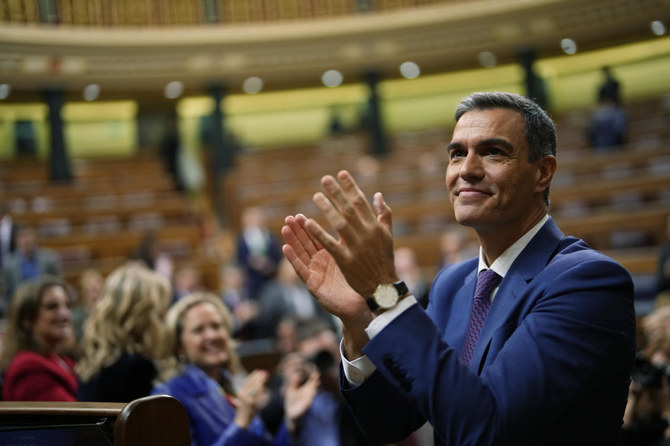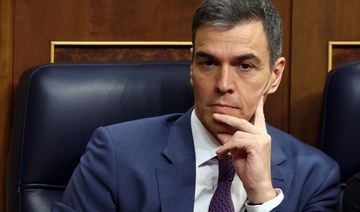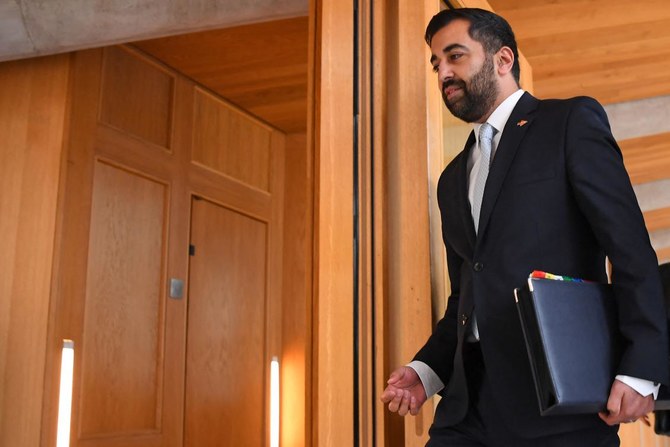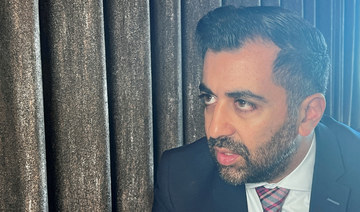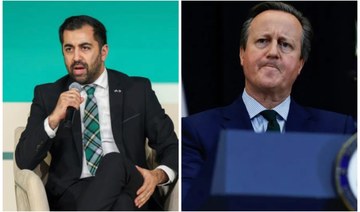COLOMBO: Sri Lankan Prime Minister Ranil Wickremesinghe on Tuesday refused permission for a planned $10 million (SR37.5 million) Shariah university in one of the country’s main cities.
And in the wake of the deadly Easter Sunday terror attacks on hotels and churches, the premier also announced that all madrasas would be brought under the umbrella of Sri Lanka’s Education Ministry.
The latest moves by the Sri Lankan government follow widespread unrest on the island, with anti-Muslim riots having caused damage running into millions of dollars.
Wickremesinghe’s orders came after a fact-finding report into the university compiled by MP Ashu Marasinghe. He recommended that the institution, being constructed at Batticaloa, in the Eastern Province, should be privately operated and titled Batticaloa Technology University. The new education complex is located close to the township of Kattankudy where suspected ringleader of the Easter Sunday suicide bombings, Zahran Hashim, lived and preached his messages of hate and violence.
The Sri Lankan government analyst’s department said on Tuesday that DNA tests proved Hashim died in the attack at the Shangri-La hotel in Colombo.
President’s Counsel, Ali Sabry, a prominent lawyer and political analyst, told Arab News on Tuesday that the premier’s announcement was welcome.
“We don’t need a Shariah university at this juncture when there is a lot of suspicions on various Islamic topics that need to be clarified by Islamic theologians following the suicide attacks by Muslim extremists,” Sabry said. He stressed that the country’s main focus should be on strengthening ways to ensure peaceful coexistence among all communities.
The Sri Lankan University Grants Commission had a set of guidelines to license new universities, and Wickremesinghe’s latest recommendations would also be included among the requirements for a new university, Sabry added.
The prime minister’s ruling on madrasas (Islamic seminaries) would provide more transparency on the activities of the institutions, he said. “Their curriculum and their co-curricular activities should maintain a common standard and these madrasas should prepare the students to make them fit into society instead of just learning Arabic and Islam only.”
M.R.M. Malik, director of the Muslim Affairs Ministry in Colombo, told Arab News that currently all madrasas function under his ministry. “There are 317 madrasas throughout the island with an estimated 25,000 students. In addition to the local teachers, there are 38 Arabic teachers and 85 foreign students,” he said.
Most of the teachers are from Egypt, Pakistan and India, while many of the overseas students studying at the madrasas are from Libya, Pakistan, Jordan and India.
Sri Lanka Muslim Council President N.M. Ameen told Arab News that the local community had never wanted a Shariah university. However, he said the proposed curriculum for the madrasas should be constructed in consultation with Islamic scholars and the Muslim community.
Meanwhile, Western Province Gov. Azath Salley, revealed that damage caused by anti-Muslim riots had reached nearly Rs900 million (SR19.2 million). The governor was speaking to Arab News following a visit to some of the worst-affected villages on the island.
“Speaking to the families of the vandalized properties, it’s clear that an organized gang had attacked these earmarked properties owned by Muslims,” said Salley. “One child, whose father was killed in his presence, is still in a state of utter shock and dismay.” He added that turpentine oil had been poured on the face of the dead carpenter by his killers and set on fire.
The governor urged the authorities to bring the attackers to justice. He added that the government would provide compensation to victims of wrecked properties.
Police spokesman Ruwan Gunasakera said that more than 100 arrests had been made following the rioting, and that a curfew had been lifted and life was returning to normal.



